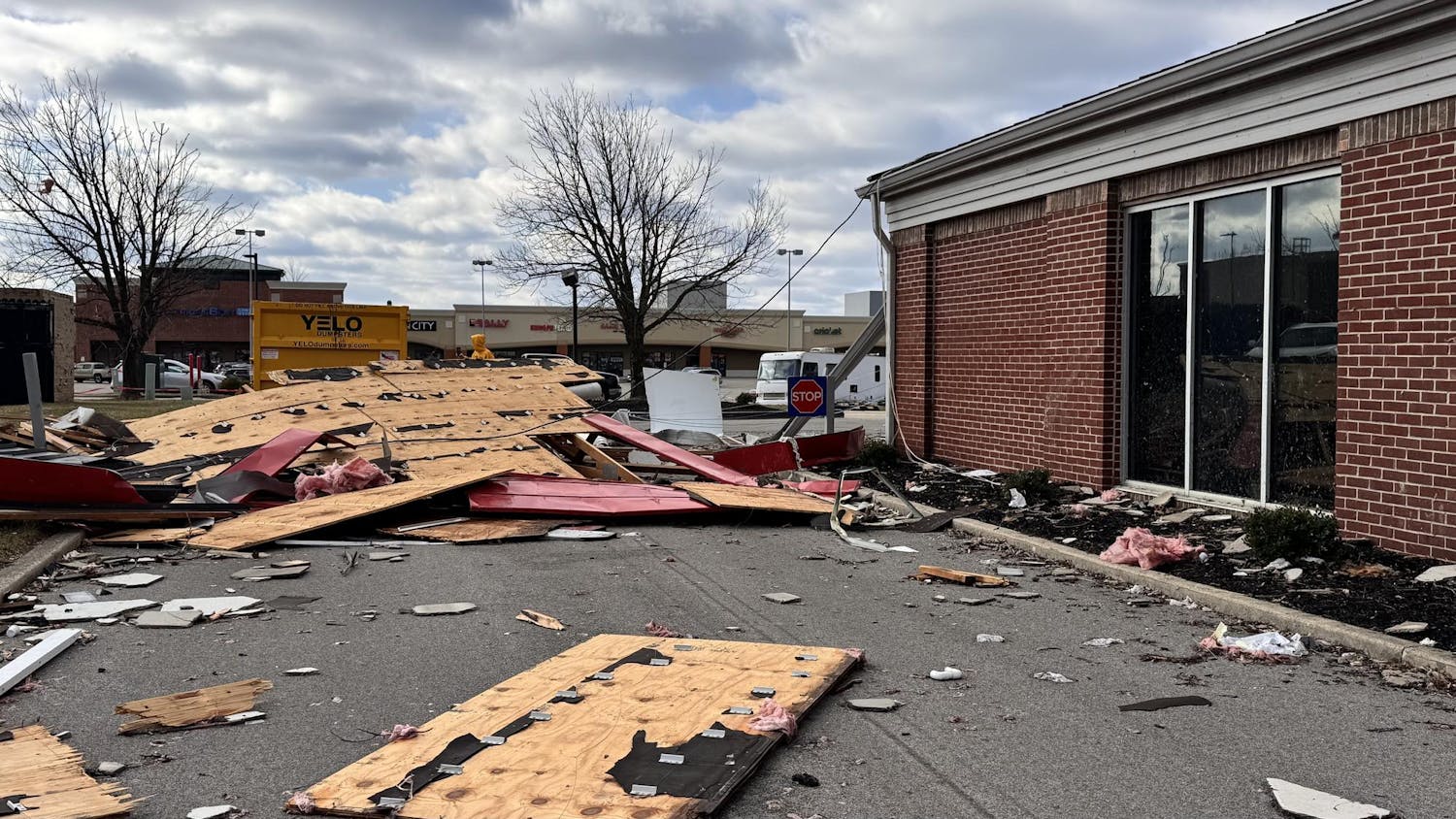Accompanying unsolicited questions about lack of clothing and alcohol consumption, survivors of sexual assault and rape are often asked why they didn’t do anything to stop their attacker.
That a person amid danger could freeze up and involuntarily release control is scary and difficult for most people to wrap their mind around. But it’s a naturally occurring response that we forget to talk about when dealing with assault. Adopting the freeze response into the conversation will help explain misconceptions about rape and sexual assault and lessen the stigma toward those who’ve faced it.
Many psychologists understand the binary fight-or-flight response as old and not explanatory for cases where victims freeze. In a 2015 Washington Post article, James Hopper, Ph.D., explains the freeze response is “a brain-based response to detecting danger, especially a predator’s attack. Think deer in the headlights.”
While the body is prepared to attack or flee, when freezing occurs, “neither fight nor flight necessarily follows,” he writes.
Acknowledging assault in terms of the freeze response can stop the people from imagining a hierarchy of sexual assault and rape, which labels attacks by opportunistic predators as real crimes and attacks by lovers, friends or acquaintances as less serious.
Data updated in 2015 from the National Sexual Violence Resource Center found that in eight out of 10 cases of rape, the victim and assailant previously knew each other.
That means the vast majority of cases deal with survivors who had an established relationship with their attackers as opposed to those assaulted by a stranger lurking in the middle of the night.
Think about how realistic it would be for a victim to use the fight-or-flight response if attacked by someone they knew.
Think about how strange and shocking it would be to experience the normalcy of a human relationship replaced by a criminal overstepping of boundaries. Unfortunately many, including victims, aren’t able to comprehend this.
Hopper writes that victims “blame themselves for ‘failing’ to resist. They feel ashamed,” according to the Post. “They may tell no one, even during an investigation. Sadly, many investigators and prosecutors still don’t know some or all of these brain-based responses.”
Freezing out of shock or fear is a justified reaction. When we begin to accept the freeze response as common, we’ll start to understand reactions to sexual assault and rape better and take all cases of these crimes more seriously.
For the assault cases where victims flee or fight back, there will be many more where victims will freeze.
The ordinariness of the response is evident not only in the psychology of danger but also in our culture’s tendency to wonder why the victim did nothing to stop it.
Next time you hear of a sexual assault or rape report, stop yourself from stooping to skepticism over the survivor’s response or pointing out what she or he failed to do. Refining your thinking will lessen the blame placed on sexual assault victims in the long run.
jsbourkl@umail.iu.edu





